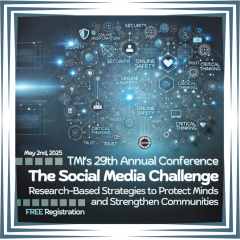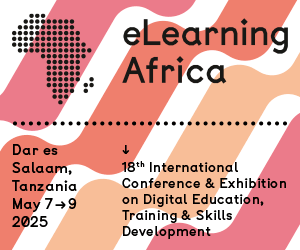MLearning Capital of the World?
Tokushima, Japan, March 2006 - (by Bob Harrison, Education Adviser, Toshiba Information Systems (UK) Ltd.) Following hard on the heels of Mlearn 2005 , this IEEE event provided a focus for the leading thinkers, researchers, and practitioners engaged in the development of wireless and mobile technology in education.
Although it was based in Tokushima on Shikoku Island, Japan and featured over 200 experts from over twenty countries, it was Nottingham and the UK that emerged as having the potential to become the MLearning capital of the world. This, however, proved to be a matter of chance and not design.
Professor Claire O' Malley of the Learning Sciences Institute, School of Psychology, University of Nottingham is recognised as one of the leading researchers in the area of mobile learning, and her keynote presentation, -œThe Public and Private Lives of Mobile Devices; Implications for Learning-, not only provided a clear conceptual and strong pedagogical platform for the delegates but was illustrated with practical examples of mobile learning on the grounds of Nottingham Castle.
Nottingham University is also the new home of Professor Mike Sharples (formerly of Birmingham), who is renowned across the world as being one of the most influential figures in the wireless and mobile learning field. His work at Birmingham on the use of tablet PCs and other mobile devices has been pivotal and inspirational to many across the globe. His presentations, with Susan Bull on the use of handhelds in different locations, with Tony Chan on personal learning environments, with Pat Thornton on Japanese language learning on mobile tools, and with Antii Syvvanen of the University of Tampere,Finland on pervasive learning environments provided the most significant contribution from one individual and the UK. Nestafuturelab also produced a very useful publication by Mike and his colleagues at Birmingham.
Other UK contributions had a significant impact. Brendan Riordan reported on his work with John Traxler (who, with Agnes Kukulska-Hulme, has just published a book on Mlearning) at Wolverhampton University on the use of text messaging to enhance student support, inclusion, and retention. This work is now to be developed and piloted in Africa. Lancaster University researcher Keith Mitchell demonstrated -œulearn-, a system devised to facilitate ubiquitous learning using camera equipped mobile phones. A mobile phone and interactive television user interface from the University of Brighton was another UK contribution.
Djanogly City Academy is also based in Nottingham and is recognised as the first purpose-built wireless school and learning environment in the UK and perhaps in the world. Djanogly has recently attracted the attention of academics and politicians with its innovative use of wireless tablets for pupils and wireless projectors, as opposed to the conventional interactive whiteboards and their pedagogical constraints. Djanogly is one of the founder members of the Toshiba Ambassador programme , which also featured in the IEEE workshop as an example of how the technology alone will not succeed. It clearly demonstrated how staff development and a community of practice can support the widespread use of wireless and portable technology to transform learning and teaching.
An evaluation of tablet PCs in schools was recently completed by the Open University for Becta. Nottingham is also the home of NAACE, one of the largest communities of practice supporting technology in education.
The final facet of the Nottingham connection is the National College for School Leadership, which is recognised as a world leader in educational leadership and management development. A few months ago, the institution held a two-day "conversation" on the implications of mobile learning for leaders and managers.










